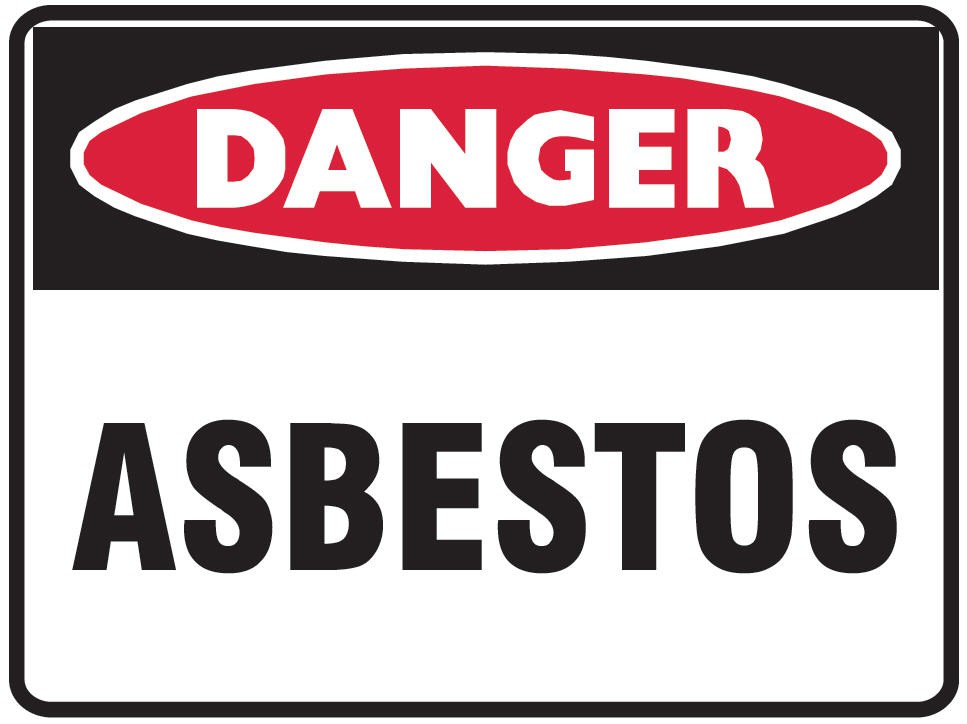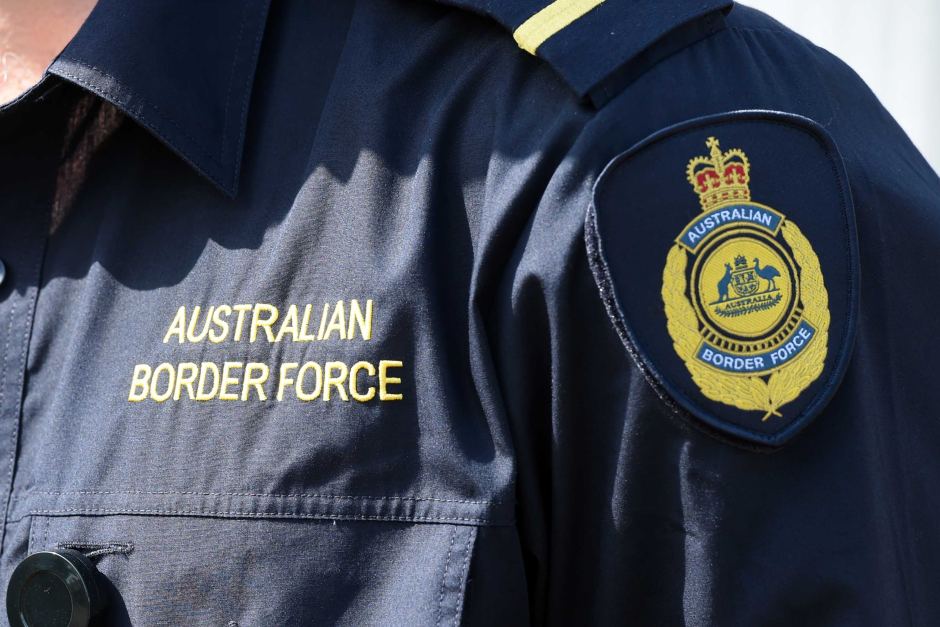Importing products containing asbestos is illegal.
Businesses that import goods, need to be aware of the risk that the goods or materials may contain asbestos. Importing products containing asbestos is illegal and has been from the 31st of December, 2003. All governments in Australia adjusted their regulations to reflect this, which includes the Customs Regulations that deals with imported goods. Here is what you should know, so you can prevent it from happening at your workplace.
The regulations guide importation.
Customs Regulations bans the importation of all types of asbestos. It also bans products containing asbestos, except under limited circumstances. Customs (Prohibited Imports) Regulations 1956, is a fact sheet that has been produced to outline the exact restrictions of importing. In short, it discusses why importing products containing asbestos is so dangerous. It also discusses how businesses can ensure they are not doing this and the verification needed to prove their products are safe.

Why would asbestos still be available for importing ?
Other countries still use asbestos legally, which is why they turn up at Australian Borders. Businesses need to provide certification to importers from overseas manufacturers that goods are asbestos-free. Customs has found some certification to be false. Companies in other countries may declare a product to be asbestos free, when it actually has low levels of asbestos. Products with ANY level of asbestos, are illegal for importation into Australia.

Identify the products containing asbestos.
Goods with raw materials that contain naturally occurring traces of amphibole or chrysotile asbestos are a problem for Australian importation. Building materials, motor vehicle/bike parts, mining and heavy industry equipment, ships, trains and locomotives can all contain asbestos. Responsibility for importing safe goods, is on each individual importer. They must request certification from the manufacturer, to confirm the products are asbestos free. The overseas supplier must test the product for asbestos. Goods must be sampled in Australia and sent away for independent testing also, with evidence supplied.





